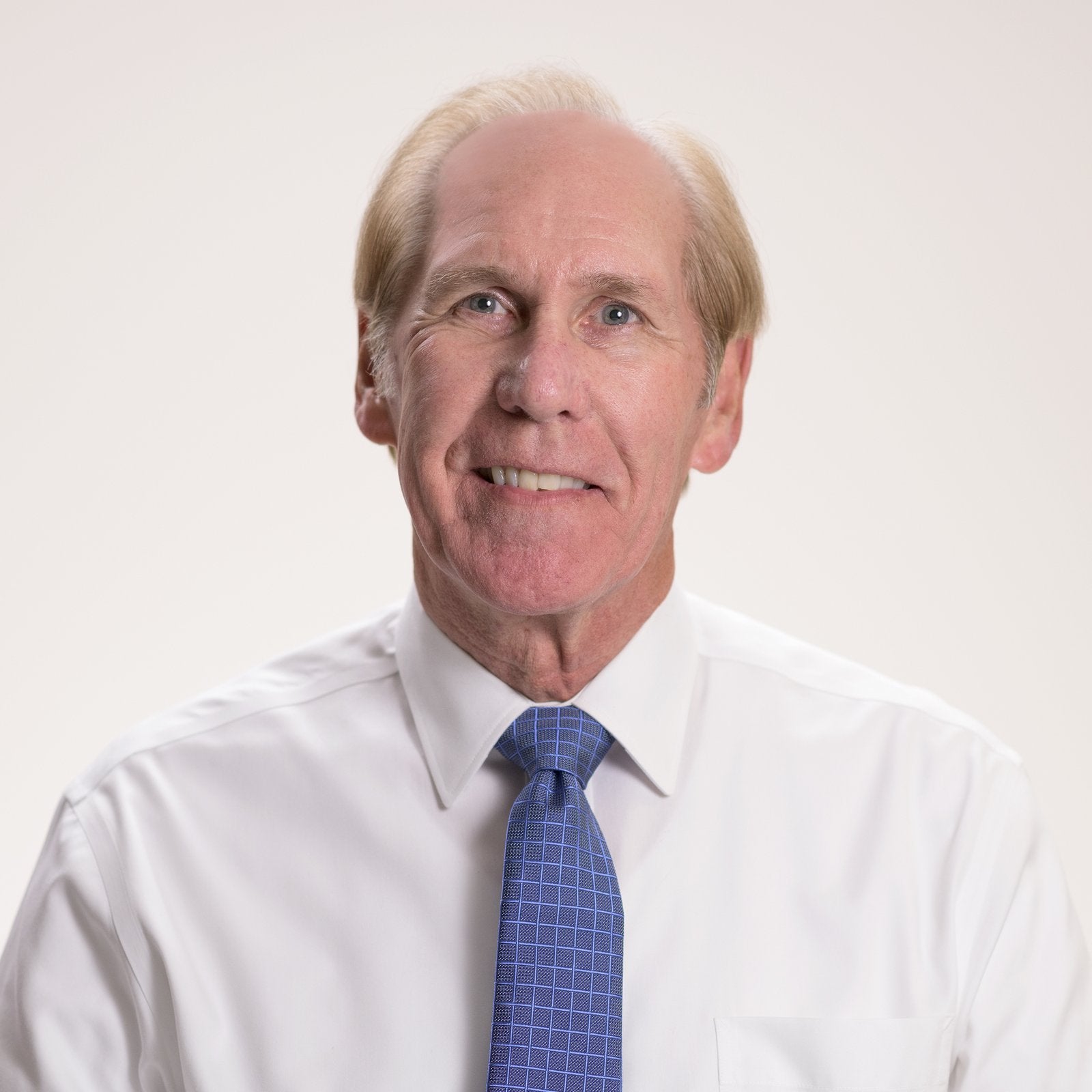Who Will Second The Motion?
Published 8:00 am Saturday, May 20, 2023

- By Dr. Micheal Brooks (Dr. Michael Brooks is the lead pastor at Siluria Baptist Church in Alabaster, Alabama. He has a B.A. degree in religion and speech from Samford University, a M.A. in speech communication from Auburn University and both the M.Div. and D.Min. degrees at Southern Baptist Theological Seminary, Louisville, Kentucky.)
|
Getting your Trinity Audio player ready...
|
By Michael J. Brooks
Brig. Gen. Henry Martyn Robert was born in South Carolina and moved with his family to Ohio when his father couldn’t countenance slavery in the South. Robert chose a military career, graduating from West Point in 1857. As an army engineer, he helped design the seawalls in Galveston, Texas. During the Civil War he helped oversee the defense of Washington, Philadelphia and several New England ports.
For some reason we don’t understand, Gen. Robert found himself presiding over a Baptist church business meeting in 1863. The meeting erupted in conflict, and Robert felt inadequate as a leader. He began to write rules for meetings designed to move groups to decision while respecting the opinions of all. He published “Pocket Manual of Rules of Order for Deliberative Assemblies” in 1876, and his book soon became known as “Robert’s Rules of Order.”
Robert is the one who codified quorums and motions and seconds and amendments. And many of us grew up with them on the first or second Wednesday of each month when our churches conducted business. These meetings came like clockwork in the church I attended as a teen-ager.
And I remember one night when our meeting erupted in conflict.
Some committee recommended employing a part-time financial secretary, overlooking consulting with the lady who’d done it as a volunteer for many years. She was surprised and asked why they thought she wasn’t doing her job. Then her husband joined the fray.
The members serving on that committee loved the Lord and their church, but they overlooked something very important. I can’t remember how the matter turned out, other than we survived and the church is still open.
As a pastor I’ve moderated countless business meetings. Sometimes we dealt with things of urgency and observed the scriptural admonition to do everything “decently and in order” (1 Corinthians 14:40). And sometimes we evidenced the old adage about groups reading the minutes and wasting the hours.
It was all so routine until COVID-19 came along. Then many churches decided we didn’t need to gather every month to hear reports and approve minutes from last month.
A podcast speaker lately suggested we congregational churches should conduct business for five things: electing slates of leaders, approving an annual budget, calling a minister, making capital expenditures and amending by-laws. In the interim, he said, we should trust our elected leaders to do their work.
I agree.
The days of frequent and often tedious business meetings in our churches (that used to draw a crowd) appear numbered.
But however often we gather to conduct the Lord’s business, we pay tribute to Gen. Henry Robert who wrote rules so we Baptists wouldn’t act like pagans on Wednesday nights. -30-
“Reflections” is a weekly faith column written by Michael J. Brooks, pastor of the Siluria Baptist Church, Alabaster, Alabama. The church’s website is siluriabaptist.com.





